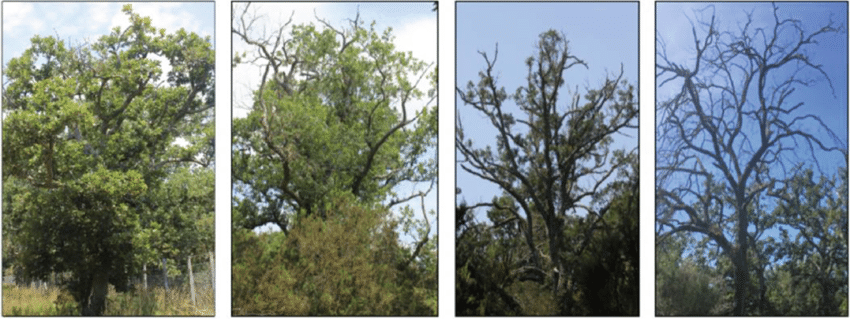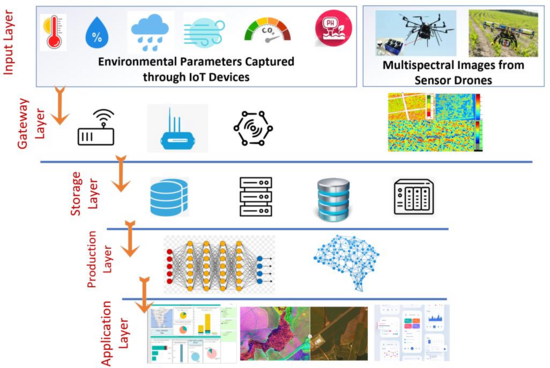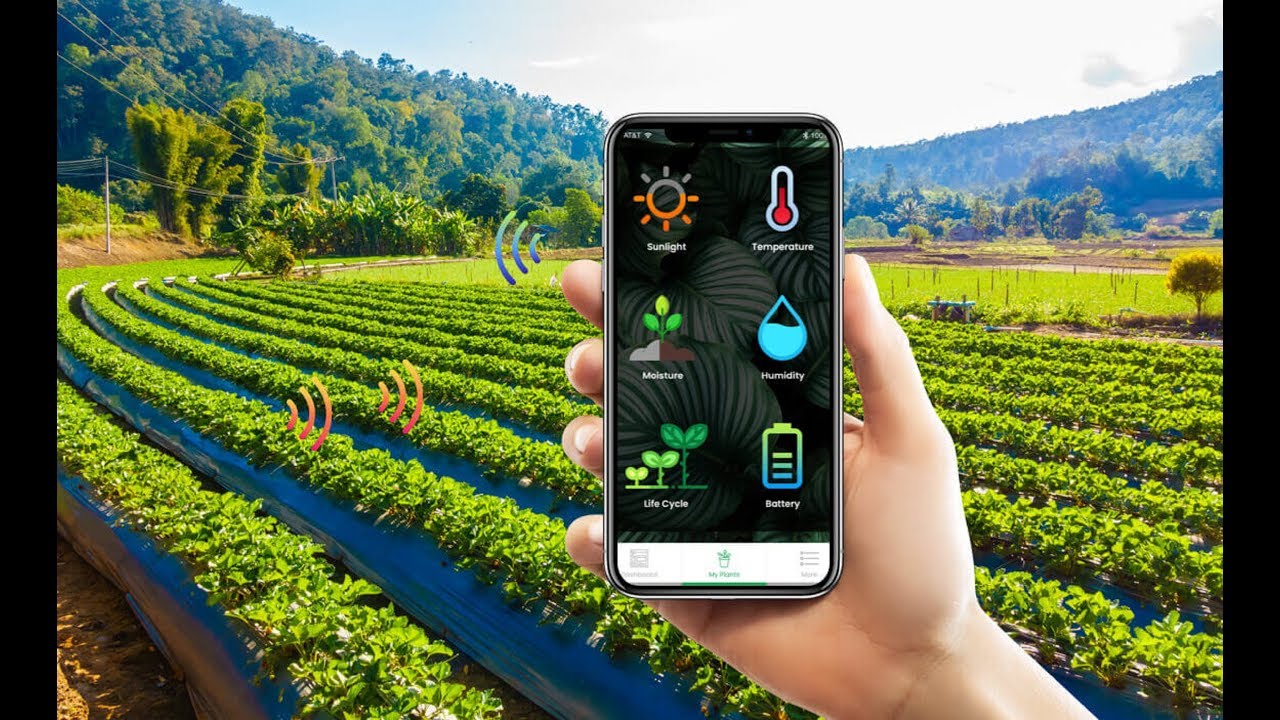High Impact Skill Development Program for GB Youth
The demand for AI and Blockchain experts is increasing globally and having training in these fields will make Gilgit-Baltistan an asset to companies and organizations around the world. To promote the ecosystem of research and employable skills in Gilgit-Baltistan, NUST in collaboration with AI Lounge (pvt) Ltd., is providing six-months intensive training to students and learners who have a strong aptitude to learn and grow in Data Science, Artificial Intelligence, and Blockchain.
- PI: Prof. Dr. Faisal Shafait























